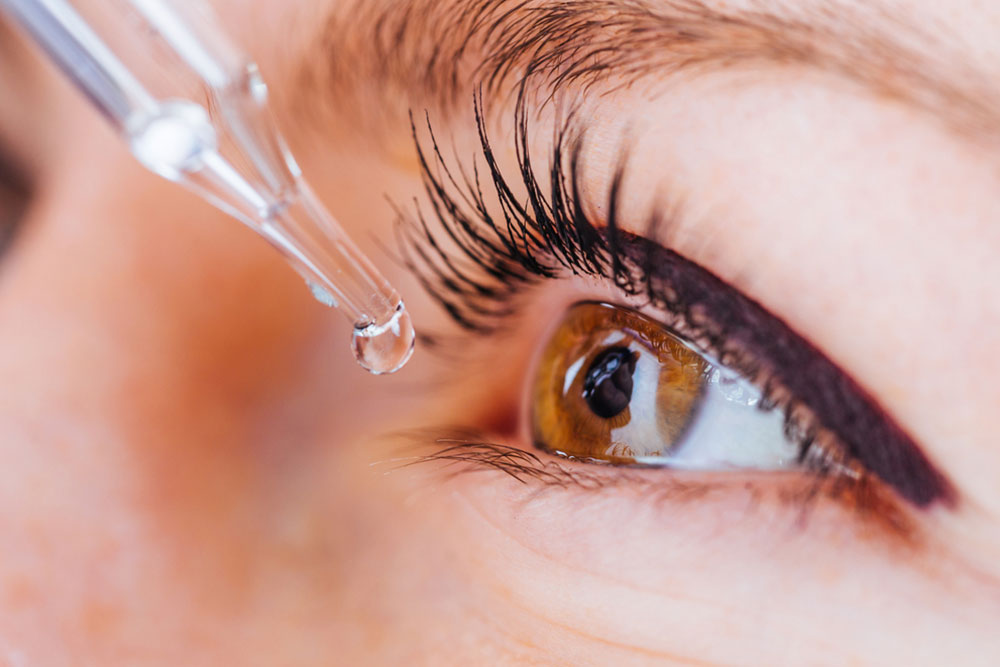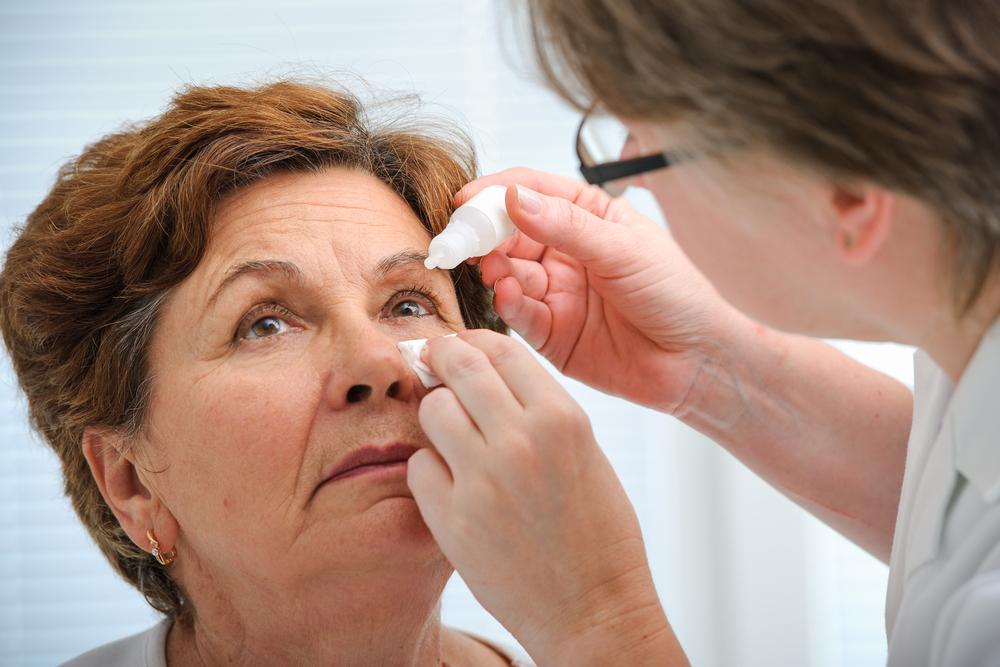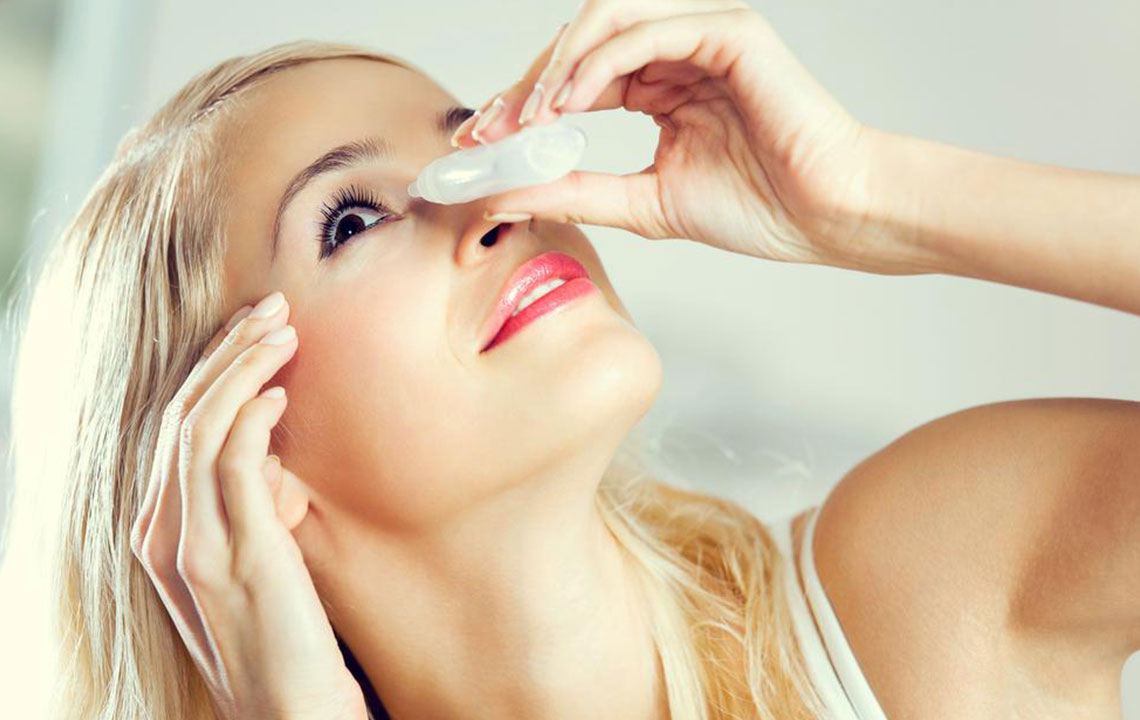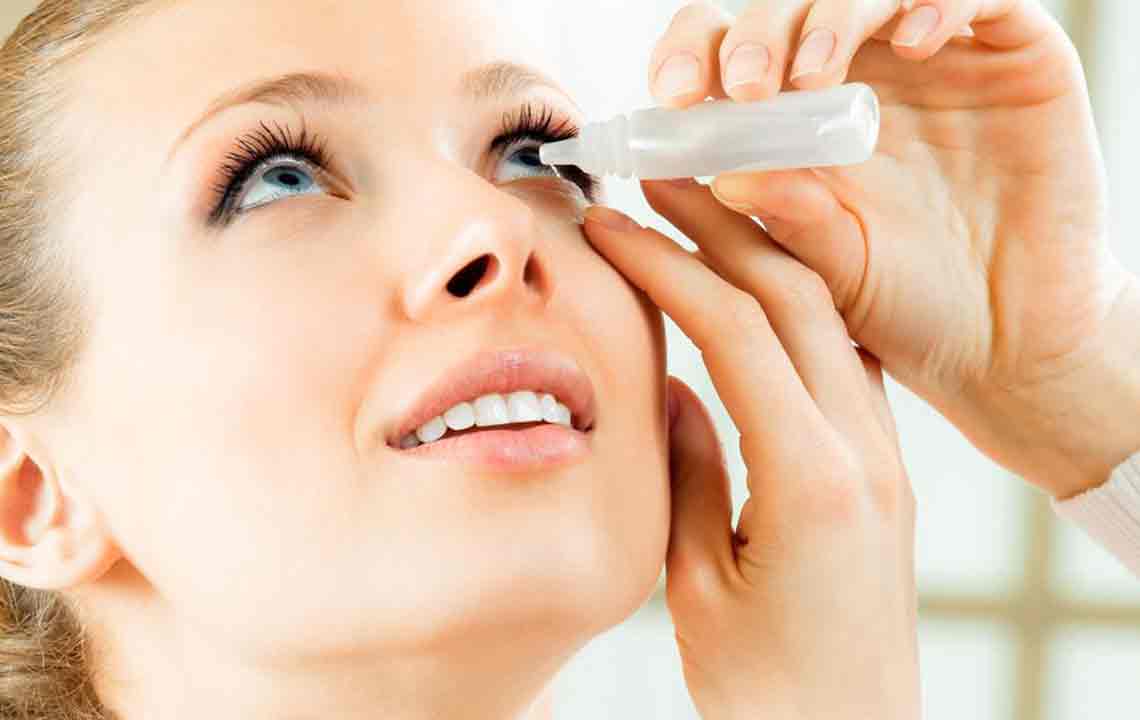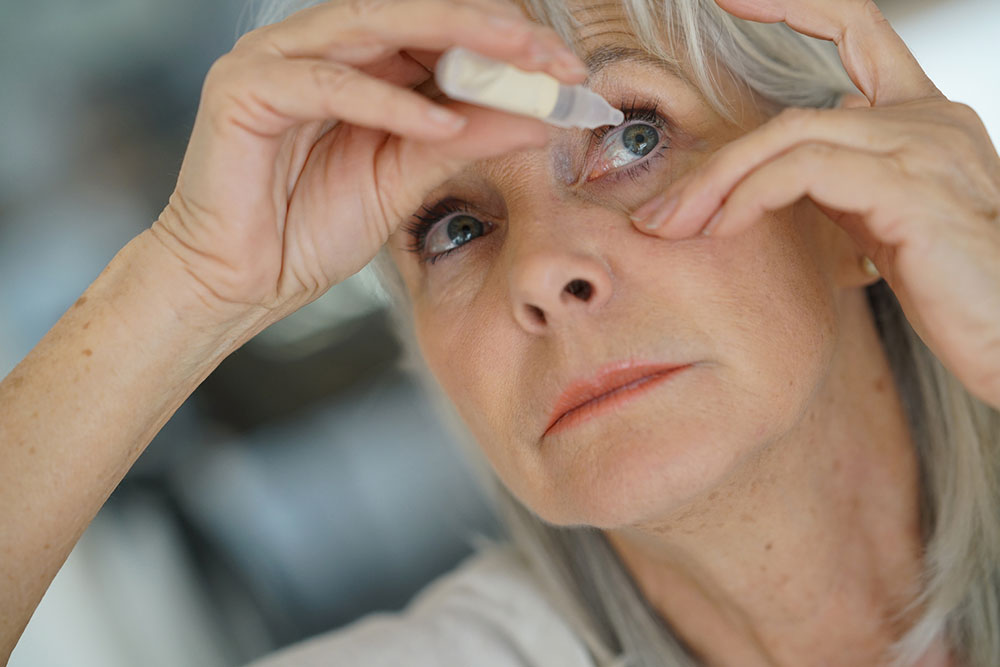Effective Strategies for Managing Dry Eyes
Discover practical and effective methods to treat dry eyes, including ointments, punctal plugs, and advanced therapies like Lipiflow. Learn about causes, symptoms, and dietary tips to alleviate discomfort and maintain eye health through this comprehensive guide.
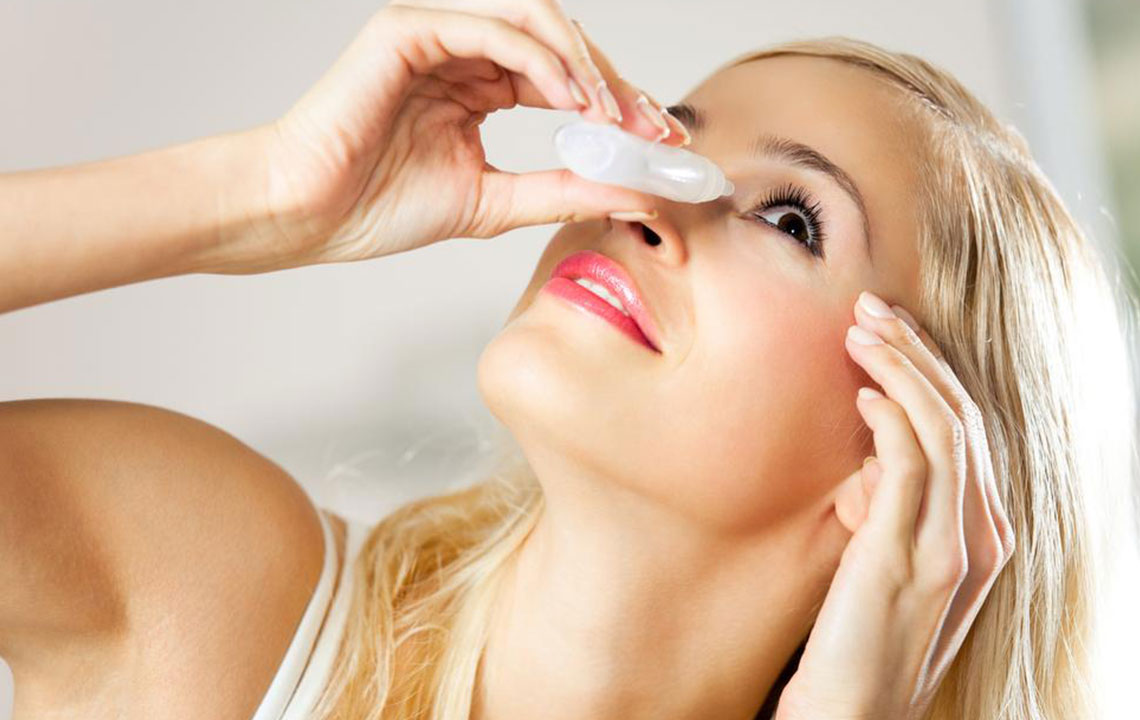
Effective Strategies for Managing Dry Eyes
Have you ever experienced teary eyes while reading or talking? Sudden tears can alarm those nearby. This condition, often called watery eyes, may persist for a long time. Surprisingly, these tears can indicate underlying health issues that are treatable.
Teardrops serve to hydrate and lubricate the eyes, ensuring clear vision and comfort. While they appear water-like, tears are actually a complex mix of water, oils, antibodies, and mucus, each serving a vital role.
If tears do not provide enough moisture, symptoms such as itchiness, blurred vision, a gritty sensation, discomfort, and light sensitivity may occur. Interestingly, dry eyes can trigger reflex tearing, where irritations prompt excessive tears, confusing the body’s response. This is akin to sand entering the eyes, causing a distress signal.
Common Causes of Dry Eye
Age-related changes, especially in women after menopause
Medications, notably antihistamines
Conditions like rheumatoid arthritis, Sjogren’s syndrome, and other autoimmune diseases affecting tear production
Issues preventing normal eyelid closure
There are various treatments available for dry eye syndrome. Consulting a healthcare professional will help identify the most suitable approach. Below are common remedies for managing dry eyes.
Ointments and Artificial Tears
Often recommended by doctors, numerous eyedrops and ointments are accessible without a prescription. Since individual responses vary, trying different products may be necessary. For overnight dryness, thicker ointments or wearing protective goggles can help retain moisture.Punctal Plugs (Temporary)
Sometimes, closing the tear ducts temporarily with dissolvable plugs can improve moisture retention. Your doctor will evaluate effectiveness and decide if permanent solutions are needed.Long-Term Punctal Occlusion
If temporary plugs are successful, permanent options like cauterization may be considered. This involves sealing the tear ducts with a controlled burn, creating a lasting blockage to increase tear retention. These plugs are removable if necessary and are among the most effective treatments.Lipiflow Therapy
This device employs heat and pressure to unblock eyelid glands that produce essential oils in tears, helping maintain moisture and prevent evaporation.Testosterone-Based Treatments
In rare cases, a testosterone deficiency can lead to dry eyes. Applying testosterone creams or eye drops to the eyelids can enhance gland function and alleviate dryness.By exploring these therapies and maintaining a nutrient-rich diet, individuals can effectively manage dry eye symptoms and improve eye comfort.
Disclaimer:
The information shared on our platform covers various topics to help readers. While we research and present useful insights, this content should not replace professional medical advice. We are not responsible for discrepancies or inaccuracies from other sources. Readers should consult healthcare providers for personalized treatment options and stay informed about potential schemes or offers relevant to their needs.

